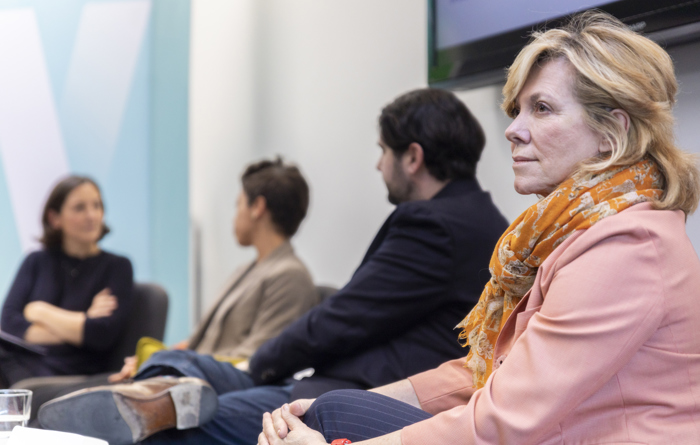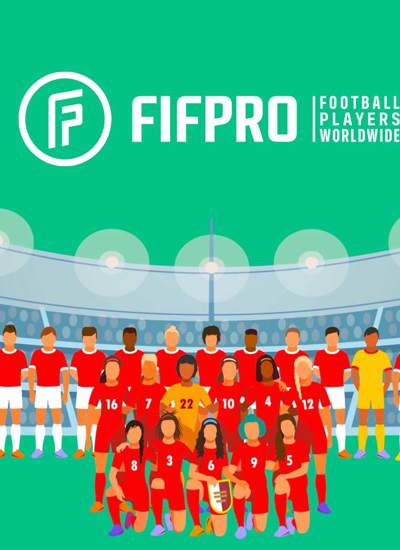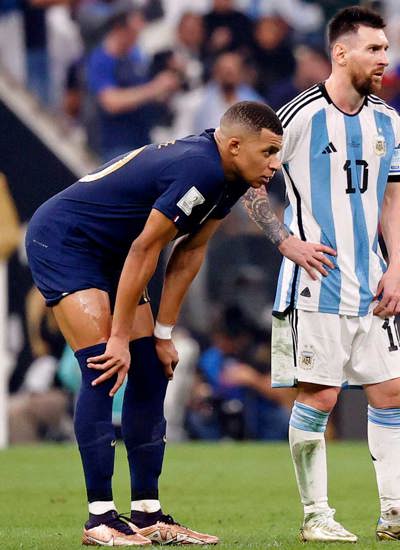{0} min. reading time
Last month, representatives of FIFPRO, the Asociación de Futbolistas Españoles (AFE), Sky and public policy makers from across Europe met, at the Burson-Cohn and Wolfe offices in Brussels, to discuss key issues and developments in professional women’s football.
The aim of the event was to enhance knowledge and raise awareness of new forces and opportunities that are transforming the women’s football industry. Taking into account the most recent success of the Women’s World Cup and unprecedented momentum currently being experienced, broadcast experts stressed best practices and addressed the increasing value of women’s football properties.




